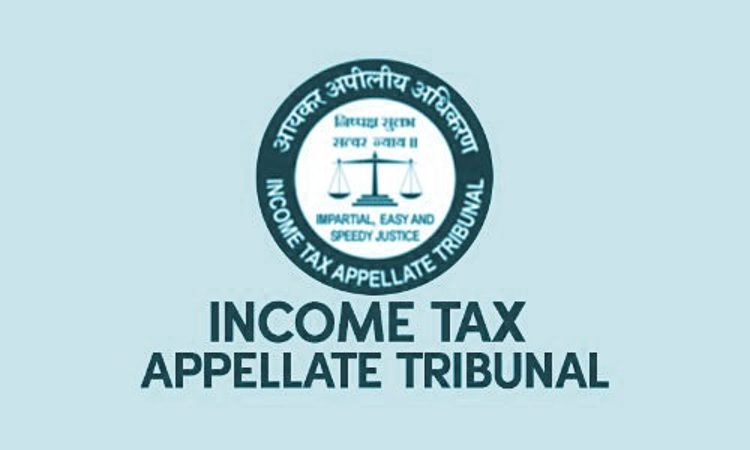The Delhi Bench of Income Tax Appellate Tribunal (ITAT) has held that deduction under Section 54 of the Income Tax Act cannot be disallowed merely for not depositing long-term capital gain (LTCG) that was not deposited in the capital gain account scheme.The bench of Saktijit Dey (Vice President) and M. Balaganesh (Accountant Member) has adopted a hyper-technical approach while dealing with...

